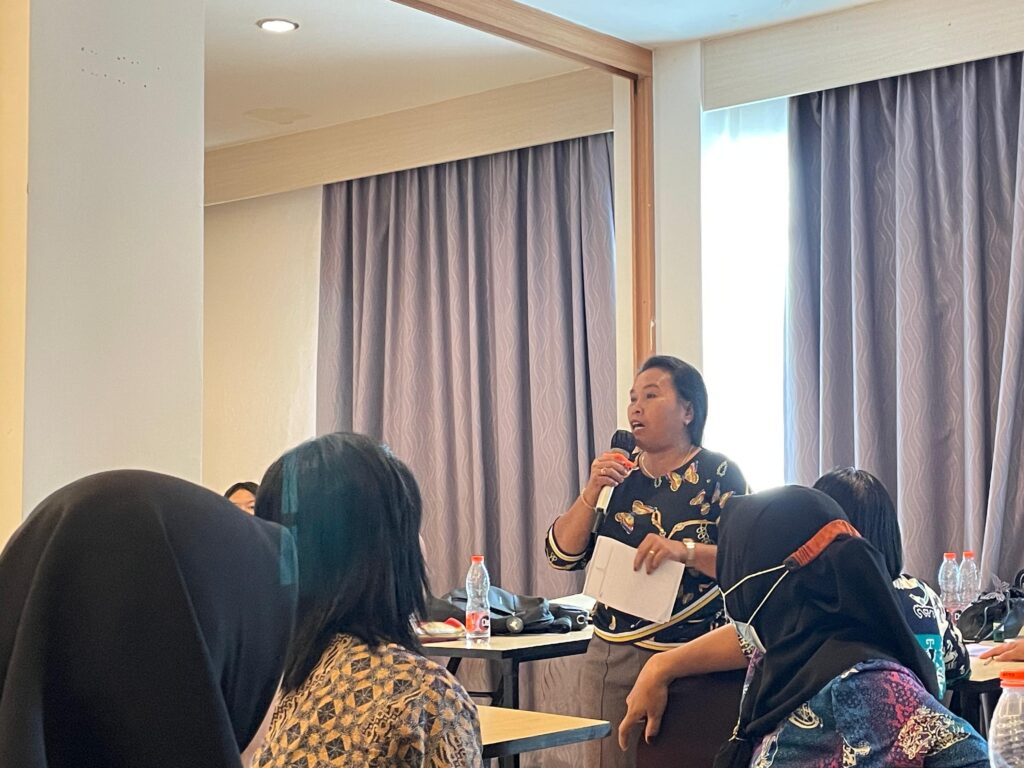Yayasan Betang Borneo Indonesia (YBBI) successfully held an entrepreneurship training aimed at the Dayak Ngaju indigenous women's community. The event was held at the Fovere Hotel in Palangka Raya City and was attended by 14 participants from two villages, namely Pilang Village and Simpur Village. The participants involved in this training consisted of representatives of the Women's Farmers Group (KWT), PKK, and the village government.
This training aims to improve the business capacity of participants in managing group-based businesses. KWT not only functions as a group of women farmers who usually plant and harvest, but also as a forum to develop knowledge in producing products from abundant local natural resources in their villages.
Sevana Dewi, YBBI Program Manager, explained that the KWT program provides basic knowledge to local indigenous women about managing local natural resources. This is an important step to increase the economic growth of the community.
Sevana added that through this activity, they hope to produce processed products that can improve the economy. And further motivate other women to explore their potential in creating local products. Training participants gave positive feedback regarding the material presented. Many of them felt that this training was very relevant and useful.
“It is also important to hold practical sessions that help us understand the concept of entrepreneurship more deeply,” said Mrs. Mariana from Pilang Village.
After the training, YBBI designs a follow-up plan that includes a mentoring program. Participants will receive assistance from facilitators for a certain period to ensure they can apply the knowledge they have gained. In addition, regular discussions will be held to share experiences and challenges in business development.
In an effort to support the development of women's group businesses, YBBI encourages participants to introduce community products through exhibitions and create content on social media. They will also coordinate with village and district governments to obtain funding assistance and encourage the issuance of legal business permits.
In the future, YBBI hopes that this training can provide positive changes for KWT, especially with more indigenous women becoming more active in developing local products. So that it can contribute to the family and community economy.


